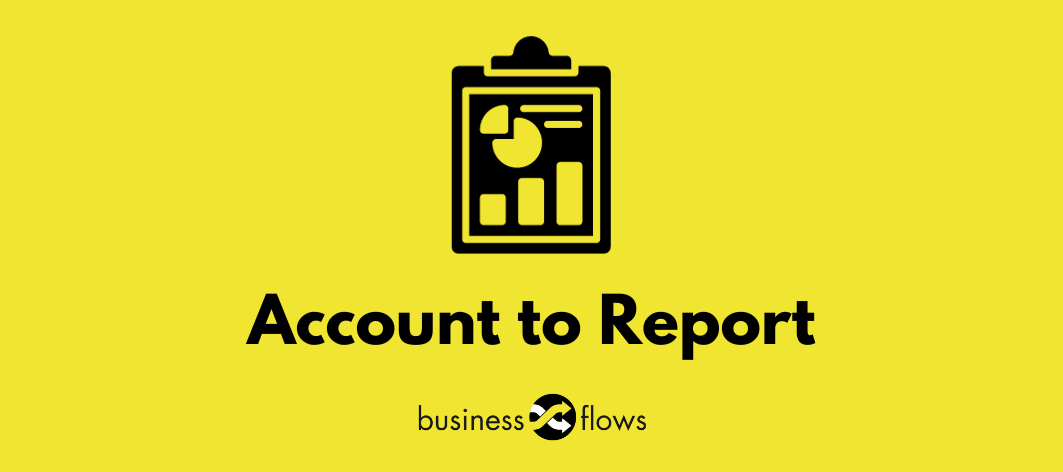Process Reference Models - Industry Best Practices
What is Account to Report (A2R)?
The Account-to-Report (A2R) domain covers general ledger accounting, asset accounting, overhead cost controlling, product costing and period end closing activities. It also includes accounts receivables and accounts payables, as well as financial planning and budgeting, treasury, credit management, and tax accounting.
We have structured the Account-to-Report (A2R) domain in three views:
Process groups,
E2E process flows, and
Value flows.
Process groups offer a functional view of Finance and Controlling (FI/CO) processes, while E2E process flows show the sequence of FI/CO processes and interfaces with operational processes. Value Flows depict financial postings and how they are derived from operational processes.
Process Groups
Account-to-Report (A2R) process groups are structured into 17 functional areas:
General Ledger
Accounts Receivable
Accounts Payable
Credit Management
Tax Accounting
Asset Accounting
Project Accounting
Treasury - Bank Accounting
Treasury - Financial Instruments
Treasury - Risk Management
Treasury - Cash and Liquidity Management
Finance Reporting and Analytics
Intercompany
Financial Planning and Budgeting
Financial Compliance
Overhead Cost Controlling
Product Cost Controlling
Scenario Clusters
Account-to-Report (A2R) process flows are structured into 6 different clusters. Each cluster comprises several E2E processes flows.
E2E Process Flows
The E2E process flows show how Finance and Controlling processes interface with processes from the various operational streams e.g. Sales, Procurement, Production. For instance, we capture the process flow for A2R Customer invoice clearing as follows:
Value Flows
Value Flow representation enriches process documentation by establishing cross references between key Value Flow topics within a business such as COGS, inventory and revenue postings, and the various instances and related E2E scenarios. Our Value Flow approach facilitates the marriage between value creating processes and their Finance & Controlling requirements.
For further information on value flows and our value driven business transformation framework please watch our video podcast.
Planning and Budgeting
Integrated financial planning
Periodic budgeting
Financial accounting
Customer invoice clearing
Vendor invoice clearing (Purchase order based)
Vendor invoice clearing (without purchase order reference)
Intercompany invoice clearing
Credit / Debit memo processing AR
Credit / Debit memo processing AP
Controlling
Production cost controlling
Product cost controlling
Cost center planning and allocation
Internal order processing
Internal projects
Intercompany projects
Periodic closing
Period end closing
Financial consolidation
Supporting activities
IDOC monitoring





